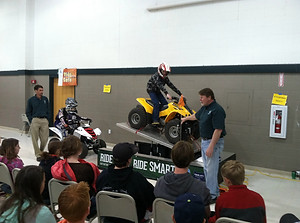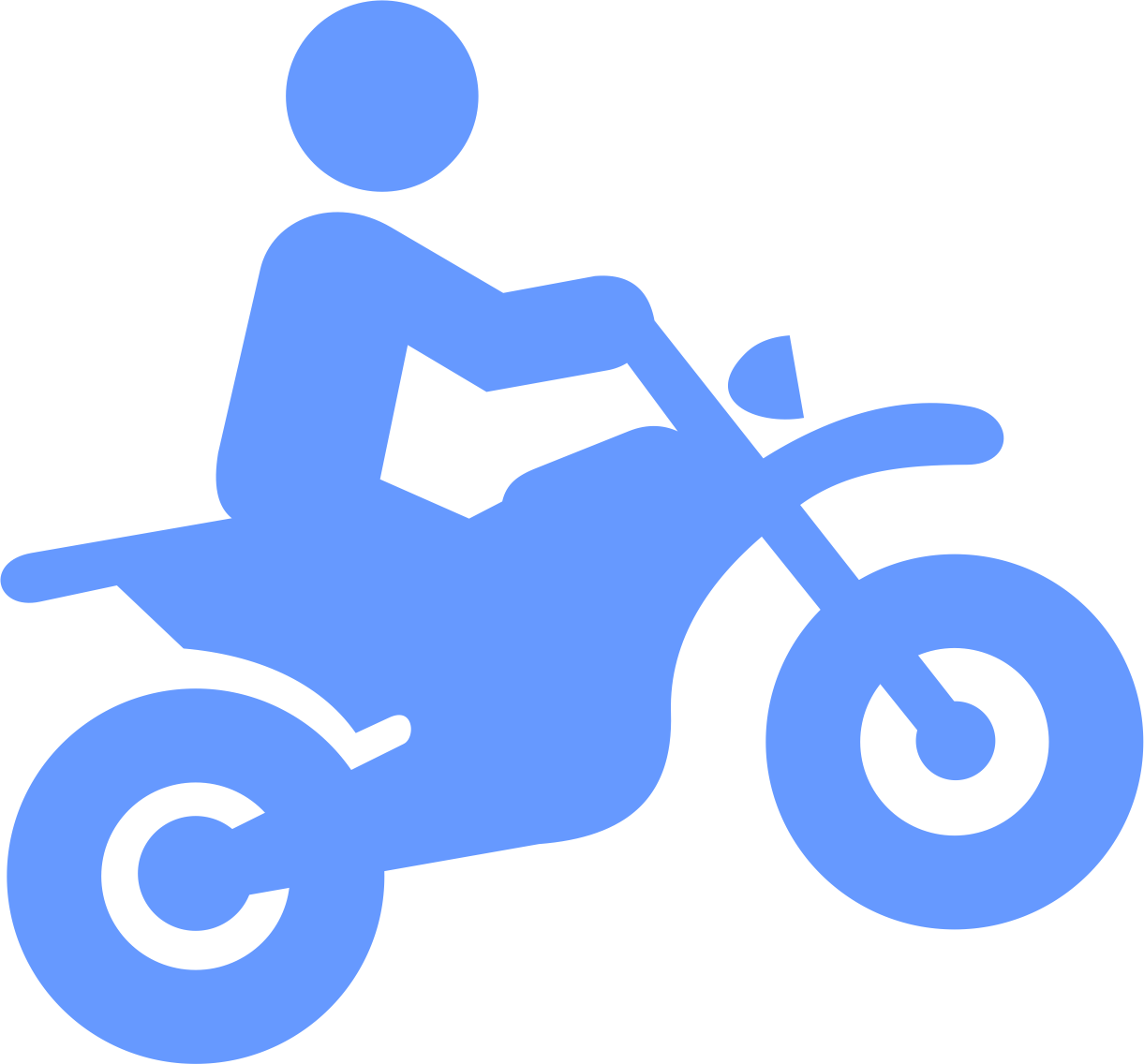
Rules
& TRAIL ETIQUETTE
MERA RULES
-
ATV permit is required on all motorized vehicles entering the MERA trails
-
Spark arrestor is required at all times
-
Silencer required, 99db Maximum
-
All operators must hold a valid ATV Safety Education Card
-
Motorized use allowed on designated routes only
-
No off trail travel, stay out of sensitive meadows
-
Speed limit in trailheads and campground – 5 MPH
-
No target shooting or paintballs
-
Hunting is allowed
-
Camping allowed at Fox Hill Campground ONLY, 5 day stay limit
-
Fires allowed in designated fire rings at Fox Hill Staging Area and Campground ONLY, observe seasonal restrictions
-
No woodcutting
-
Keep control of dogs at all times
-
Clean up after dogs
-
Pack it in pack it out, no garbage service
-
No trespassing on private property
-
Respect the property, wildlife, and one another
MERA TRAIL ETIQUETTE
-
Look, smile, listen… Say “howdy”, “Beautiful Day”
-
Yield right-of-way to those passing you from behind or traveling uphill.
-
Motorized vehicles yield to mountain bikes, runners, hikers, and horses.
-
Mountain bikes yield to runners, hikers, and horses.
-
Runners and hikers yield to horses.
-
When yielding to horses move off the trail on the downhill side if possible and say a few words of greeting to the horse rider in a relaxed voice. This verbal exchange allows the horse to recognize the yielding user as a person rather than a threat. Being partially obscured by brush or wearing a helmet or pack can alter the human outline enough that a horse won’t recognize them without hearing them speak. Let the horses pass and go at least 3 horse lengths down the trail before re-entering the trail.
-
Equestrian cross country travel is permitted, disperse use and do not create social trails
-
Every user on the trail is a fellow nature lover. Be friendly and expect to see other folks around every corner.
-
Don’t block the trail. When taking a break move to the side of the trail.
-
Try using a bell to let others know you are approaching, not everyone likes surprises.
-
Equestrians, please stay off of trail features; bermed corners, rollers, jumps. These have not been built to support horse traffic and are easily damaged, go around and travel on inside of bermed corners
-
Respect; the trail, the land, the wildlife, and one another.
-
Most importantly, have fun out there!




When to Ride/ Wet Conditions
-
This has been a contentious issue on the non-motorized singletrack trails 700-799. The MERA trail system has evolved over the past 5 years. Through grant support and countless hours of volunteer support, MERA has seen the addition of 20 miles to the non-motorized system. These trails have been a significant investment in making MERA a better place for all; let’s take care of our trails. Follow protocol and tread lightly.
-
Spring and fall are the best times to utilize the trail system.
-
Singletrack trails 700-799 should be avoided after heavy rain or if overnight freezing has occurred.
-
For bikes and horses who don’t mind riding in wet weather, please use the trails numbered 600-699. These are the double track log hauling routes; some of them have been rocked and can withstand all season use. These routes are more easily maintained by road machines. The native soil singletrack trails have sensitive areas that are easily damaged in wet saturated conditions; the only maintenance option is typically by the hands of volunteers who are not excited about fixing others impacts that should have been avoided.
-
If you are leaving prints (hoof, tire, or boot), the trail is too wet to use.
-
When approaching mud puddles, go through the center of the mud puddle to keep the trail narrow.
-
Do not go off trail (even to pass), create new trails, or cut switchbacks. Narrow trails mean less environmental impact and happier critters.
-
If you encounter someone making poor decisions and impacting the trail, please respectfully help to educate them, point them to the website and trails 600-699.
-
If you have damaged the trail by finding out the hard way, contact Josh
(541) 910-1016, jford@union-county.org and we will work together to fix it.
-
Be aware of extreme summer heat and dust. Fire season can impact motorized trail access.
Keep in mind we are all new to the outdoors at some point in our adventure, trail etiquette is learned through experience. Make that experience a positive one, help each other out.
Union County Public Works
Josh Ford, Parks Coordinator: jford@union-county.org
10513 N McAlister Road, PO Box 1103, Island City, OR 97850
541-963-1016 Fax: 541-963-7822 TTY: 1-800-735-1232
TIPS FOR RESPONSIBLE FOUR WHEELING
-
Travel only on open trails.
-
Drive over, not around obstacles to avoid widening the trail.
-
Straddle ruts, gullies and washouts even if they are wider than your vehicle.
-
Cross streams only where the road crosses the stream.
-
Maintain a reasonable distance between vehicles.
-
Comply with all signs and respect barriers.
-
When using a tree as an anchor, use a wide tree strap.
-
Do not wrap cable on trees, it will damage the tree and your cable.
-
Respect the rights of others, including private property owners, all recreational trail users, campers and others so they can enjoy their recreational activities undisturbed.
-
Yield the right of way to those passing you traveling uphill. Yield to mountain bikers, hikers and horses.
-
When encountering horses on the trail, move to the side of the trail, stop, turn off your engine, remove your helmet and speak—you want the horse to know you are human. Ask the rider the best way to proceed.
-
Do not idly ride around in camping, picnicking, trailhead or residential areas.
-
Keep speeds low around crowds and in camping areas.
-
Keep the noise and dust down.
-
Stay out of sensitive areas such as meadows and streams.
-
Other sensitive habitats to avoid include seasonal nesting or breeding areas.
-
Avoid “spooking” livestock and wildlife you encounter and keep your distance.
-
Do your part by modeling appropriate behavior, leaving the area better than you found it.
-
Carry a trash bag on your vehicle and pick up litter left by others.
-
Observe proper sanitary waste disposal or pack your waste out.
-
Protect the soundscape by preventing unnecessary noise created by a poorly tuned vehicle or revving your engine.
-
Before and after a ride, wash your vehicle to reduce the spread of invasive species.
-
Build a trail community. Get to know other types of recreationists that share your favorite trail.











